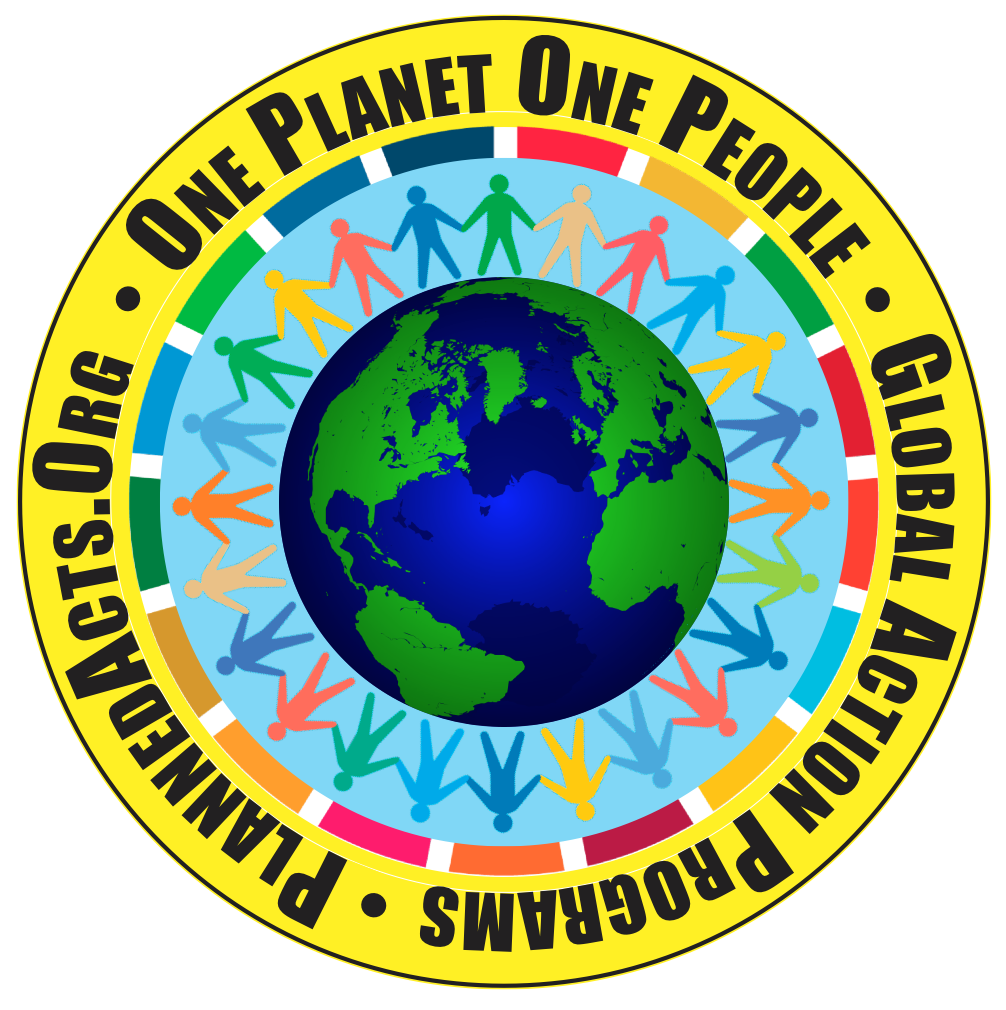CSR Course Benefits FAQ

CSR Course Benefits FAQ
A: This course is designed for HR professionals, management professionals, PR professionals, entrepreneurs, CSR (Corporate Social Responsibility) practitioners, and sustainability enthusiasts. It is suitable for individuals who want to learn how to incorporate work/life balance programs and initiatives to improve their company’s performance in various areas such as CSR, HR, PR, branding, and corporate culture.
Neglecting work/life balance can lead to employee burnout, decreased productivity, increased absenteeism, and lower employee satisfaction. It can also have negative impacts on employee mental and physical health, strain personal relationships, and hinder innovation within the organization.
A: Implementing work/life balance programs can lead to numerous benefits for a company, including increased productivity, higher employee satisfaction, improved retention rates, and enhanced employer branding. It also contributes to better brand reputation, supports CSR initiatives, and creates a competitive advantage in the market.
A: HR and management professionals can implement various strategies, such as offering flexible work arrangements such as Work/Life Hubs; creating a supportive culture that values work/life balance; providing programs and initiatives that resonate with employee objectives (not just company profits); promoting effective time management practices.
A: Companies that prioritize work/life balance tend to attract and retain top talent. Skilled professionals value organizations that offer a supportive and balanced work environment. By promoting work/life balance, companies increase their chances of attracting talented individuals who seek a fulfilling work-life integration.
A: Yes, implementing work/life balance programs can lead to cost savings in multiple ways. It reduces recruitment and retention costs by attracting and retaining employees more effectively. It also improves productivity and reduces absenteeism, leading to greater efficiency and time savings for the company.
A: Work/life balance initiatives create a more engaging and supportive corporate culture. They foster employee well-being, enhance employee satisfaction and morale, and promote healthy work-life integration. By prioritizing work/life balance, companies can cultivate a positive corporate culture that attracts and retains talent.
A: Yes, work/life balance programs can align with and support CSR and sustainability objectives. By incorporating initiatives that promote work/life balance, companies demonstrate their commitment to the well-being of their employees, contractors, and their families. This contributes to positive company culture and enhances overall sustainability efforts.
A: Implementing work/life balance programs can positively impact HR by improving employee satisfaction, retention rates, and recruitment effectiveness. It enhances PR efforts by showcasing the company’s commitment to employee and community well-being. It also strengthens branding and boosts ROI by attracting top talent, increasing productivity, and creating a positive employer brand image. (Similarly impacts shareholders and stakeholders).
A: This course provides step-by-step guidance on incorporating transformative work/life balance initiatives. It offers insights into producing engaging CSR programs, creating effective sustainability programs, improving brand reputation, gaining a competitive advantage, boosting employee performance and satisfaction, and expanding management and leadership roles within the organization.
A: This program is designed for companies or organizations that aim to improve their relationships with clients, customers, employees, communities, and the general public. It is suitable for professionals in HR, CSR, management, and those interested in boosting corporate culture and implementing work/life balance initiatives.
A: HR professionals can benefit from this course by improving recruitment and talent acquisition. It provides access to a larger candidate pool, higher caliber candidates, and shorter recruitment time periods. It also lowers the costs of employee recruitment, enhances employee engagement and retention, reduces transitions and employment gaps, and improves efficiency in recruitment and training processes.
A: Management professionals can expect benefits such as consistent processes and systems, improved brand reputation, reduced costs of employee retention, effective performance management, opportunities for diversity, equity, and inclusion (DEI), leadership development, conflict resolution and employee relations, increased revenue, and greater profits.
A: The course helps improve corporate culture by increasing productivity, enhancing employee engagement and satisfaction, promoting employee health and wellness, extending employment periods, fostering a more competitive staff, cultivating a highly skilled workforce, deepening connections among staff, boosting morale, improving employee loyalty, and enhancing the overall corporate culture.
A: Yes, the course provides guidance on developing and implementing groundbreaking, transformative CSR programs and sustainability initiatives. It covers topics such as CSR strategy and implementation, creating and sustaining a positive company culture, change management, and gaining a competitive advantage in the market through CSR and sustainability efforts.
A: This course helps organizations provide career training programs to boost employee performance and satisfaction. It assists in establishing no-cost employee/contractor custom benefits programs, implementing global impact team building and volunteer programs, and creating health, happiness, and wellness rewards programs that benefit employees, communities, and the company. It also helps attract and retain employees, customers, and clients through charitable giving partnerships.
A: By the end of this course, participants will:
- Learn and obtain certification in the priority Project Management System (PMOROS)
- Experience firsthand the benefits of work/life balance programs or initiatives
- Identify CSR programs and initiatives to boost shareholder and stockholder satisfaction
- Identify employee programs to improve recruitment and lower recruitment costs
- Identify employee programs to enhance retainment and lower retainment costs
- Learn about licensed government-regulated custom benefits programs and their benefits
- Understand how to change the needle on company culture within six months
- Discover methods to boost PR outreach and engagement without increasing the budget
- Learn how kindness and collaboration can improve return on investment
– Understand how to boost CSR, HR, PR, branding, ROI, and corporate culture objectives through non-profit partnerships.
A: The course is divided into six modules, covering topics such as the critical need for corporate social responsibility, team building and volunteer programs, career track management, personal and financial development, creating a custom game plan to exceed objectives, and more. Weekly integrations include the PMOROS Project Management System, team-building exercises, homework assignments, surveys, and real-world quality of life programs.
A: By participating in this course, you will learn systems to improve company culture, optimize HR recruitment and retainment, lower costs, exceed HR and CSR goals, enact employee and family benefits programs, institute organizational team building, expand management and leadership roles, implement sustainability initiatives, enhance branding, marketing, and public relations, and exceed shareholder and stakeholder objectives.
A: The course is instructed by Lyle Benjamin, a social responsibility entrepreneur, author, and educator. He has over 35 years of experience in creating and developing self-help books, magazines, games, programs, and systems. Lyle Benjamin is the founder of the 501(c)3 not-for-profit educational organizations, Planned Acts of Kindness and One Planet One People, and has created over 40 work/life balance CSR programs and initiatives.
A: The course fees are as follows:
$ 99.00 — Books and Materials
$6,800.00 — Work/Life Balance Collaborative Course
Early Adaptor Discount 50% (July 11th Course only)
$3,400.00 — Discounted Rate
$2,500.00 — Additional Team Members
Group Rates for Teams of 12 or — Contact Us
Enterprise Rates for Monthly Teams — Contact Us
A: Yes, these are the optional integrations available:
Option 1: W/LBC Course with Management & Leadership Integration:
• 2 additional hours per week
• Fee: $2,900
Option 2: Custom Cause-Driven Company Book Production:
2A – Rush: 10,000 Books, 8-12 Weeks, 2 additional hours per week (~14 weeks)
2B – Standard: 10,000 to 250,000 Books, 16-20 Weeks, 1 additional hour per week (~22 weeks)
2C – Extended: 100,000 to 250,000 Books, 32-36 Weeks, 1 additional hour per week (~22 weeks)
2D – Mixed: 10,000 Books, 16-20 Weeks; 32-36 Weeks, 100,000 to 250,000 Books, 32-36 Weeks, 1 additional hour per week (~22 weeks)
Options & Pricing are available upon request.
A: The proceeds from the course help support the educational outreach, engagement, inspiration, and action programs of the not-for-profit organizations Planned Acts of Kindness and One Planet One People. These organizations work towards creating positive social impact and promoting collaborative efforts for a better future.
A: If you have any further questions or need additional information, please feel free to reach out to us. We are here to support your learning journey and help you achieve success in implementing work/life balance programs and initiatives. During the course, you will be provided with additional contact information and systems.
Email: Support@PlannedActs.org
Please add the following subject: Work/Life Balance Course
Direct Message: 212 213-0257
“What you’re doing is great. I’m glad you’re taking on this project. We definitely need it. We’ve become so, let’s just call, divided in our country and when we are just talking being human beings, about solving problems we all share, it doesn’t matter what side of the political spectrum you’re on.”

Best Selling Author of “Chicken Soup for the Soul”
and “The Success Principles”
— Jack Canfield



